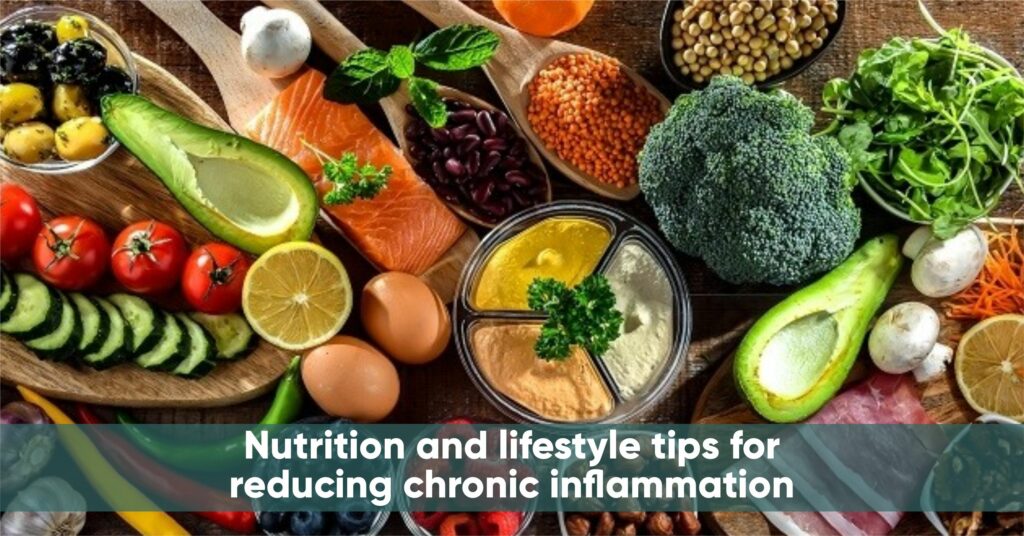Plymouth, MI 48170
Plymouth, MI 48170

Studies show that reducing inflammation can reduce the risk of several of these conditions, including heart disease and cancer. There are medications used to help lower inflammation to treat some of these diseases such as corticosteroids, immunosuppressants, and biologics. However, there are also several lifestyle changes—including a healthy diet—that can be very helpful to prevent and scale down inflammation to reduce its many damaging effects on the body.
“For chronic low-grade inflammation not caused by a defined illness, lifestyle changes are the mainstay of both prevention and treatment,” says Harvard Health. The good news is that anti-inflammatory foods help you stay healthy and reduce your risk of many diseases. In fact, it’s estimated that 60 percent of chronic diseases could be prevented with a healthy diet. Here’s how.
Enjoy an anti-inflammatory diet
Be physically active
Get enough restful sleep
Quit smoking and limit alcohol
Manage your stress
Be social
See your doctor or dentist
Chronic, long-term, low-level inflammation is linked with many health issues. The first approach to preventing and improving this is through food and lifestyle changes. Start by focusing on adding colorful fruits and vegetables, whole grains, nuts, seeds, and fish to your diet. Then layer in lifestyle upgrades like physical activity, restful sleep, and stress management.
These changes can be integrated into your day-to-day practices. First try adding one additional fruit or vegetable to your day. Then, several times a day at each snack or meal. For inspiration, try recipes from Free Anti Inflammatory Diet Plan
If you’d like a plan designed to help you enjoy more of these anti-inflammatory foods, consult Mitali Kapila , who is a registered Dietitian and can provide personalized research-based nutrition advice for your health, lifestyle, and goals.
Want to learn how you can beat inflammation with simple and delicious foods? Need a plan and delicious recipes to get more antioxidants into your diet? Are you looking for ways to incorporate more anti-inflammatory foods into your day? Book an appointment with me to see if my program/service can help you.